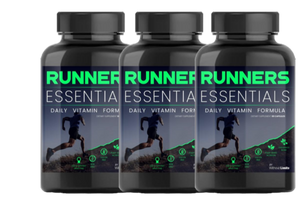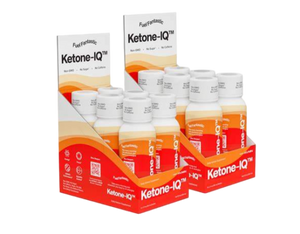Rhodiola
|
The purpose of this study was to investigate the effect of acute and 4-week Rhodiola rosea intake on physical capacity, muscle strength, speed of limb movement, reaction time, and attention. Conclusion: Acute Rhodiola rosea intake can improve endurance exercise capacity in young healthy volunteers.
The purpose of this study was to determine the effects of an acute oral dose of 3 mg/kg of Rhodiola rosea (R. rosea) on endurance exercise performance, mood, and cognitive function. Conclusion: Acute Rhodiola rosea ingestion decreases the heart rate response to sub-maximal exercise, and appears to improve endurance exercise performance. |
Pine Bark Extract (Equivalent to Pycnogenol)
|
This study examined the acute effects of a single dose of an antioxidant (AO; Lactaway® containing pycnogenol) on time to fatigue (TTF). There was considerable evidence for substantial positive treatment effects for TTF and the other performance-related variables. This study indicates that Pycnogenol is effective in reducing pain and cramps during retraining and rehabilitation. |
Beetroot
|
Acute supplementation with beetroot juice may have an ergogenic effect on reducing VO2 at less than or equal to VO2max intensity, while improving the relationship between watts required and VO2level, mechanisms that make it possible to enable increase time-to-exhaustion at less than or equal to VO2max intensity. In addition to improving efficiency and performance in various time trials or increasing time-to-exhaustion at submaximal intensities, chronic supplementation with beetroot juice may improve cardiorespiratory performance at the anaerobic threshold and VO2max intensities. Dietary nitrate supplementation appears to represent a promising new approach for enhancing aspects of the physiological response to exercise, such as muscle efficiency and oxygenation, which might augment performance. Based on the available data, beetroot appears to be a powerful dietary source of health promoting agents that holds potential as therapeutic treatment for several pathological disorders. Furthermore, although beyond the scope of this review, several studies have now established beetroot supplementation as an effective means of enhancing athletic performance.
|
Ginseng
|
The findings support scientific claims that ginseng has ergogenic properties in facilitating recovery from exhaustive exercise. Human studies attest that P. ginseng (administered as extract) can significantly increase physical work capacity. Panax ginseng, when administered at an adequate dosage (between 200 and 400 g/day) for a period of longer than 8 weeks may improve physical performance. |
Ginkgo Biloba
|
Combined herbal supplement of Rhodiola and Gingko could improve the endurance performance by increasing oxygen consumption and protecting against fatigue. |
Astaxanthin
|
The AST group significantly increased power output relalative to the control group. Exercise metabolism, performance and recovery is improved following 3–5 weeks of intake. |
Curcumin (Turmeric root extract)
|
The data demonstrate curcuminoids reduce muscle damage and improve muscle soreness in healthy young subjects following a bout of muscle damaging exercise. Faster recovery allows for consistent training at competition intensity and might lead to enhanced adaptation rate and performance. Helps in the management of exercise-induced inflammation and muscle soreness, thus enhancing recovery and subsequent performance in active people. |
Quercitin
|
The data suggest that as little as 7 days of quercetin supplementation can increase endurance Quercetin provides a statistically significant benefit in human endurance exercise capacity (VO(2max) and endurance exercise performance. Eight-week supplementation with quercetin-vitamin C was effective in reducing oxidative stress and reducing inflammatory biomarkers. |
Coenzyme Q10
|
Acute supplementation with CoQ10 resulted in higher muscle CoQ10 concentration, lower serum SOD oxidative stress, and higher MDA levels during and following exercise. Chronic CoQ10 supplementation increased plasma CoQ10 concentrations and tended to increase time to exhaustion. Results indicate that acute and chronic supplementation of CoQ10 may affect acute and/or chronic responses to various types of exercise. CoQ(10) supplementation before strenuous exercise decreases the oxidative stress and modulates the inflammatory signaling, reducing the subsequent muscle damage. |
Green Tea Extract
|
Green tea extract supplementation before an event of cumulative fatigue minimizes muscle damage and oxidative stress in trained athletes. It also shows positive effects on neuromuscular parameters related to muscle activation and muscle fatigue. Therefore, GTE supplementation can be considered a valid strategy in the context of competitive endurance sport aiming at exercise recovery and performance of athletes. The results indicate that GTE is beneficial for improving endurance capacity and support the hypothesis that the stimulation of fatty acid utilization is a promising strategy for improving endurance capacity. Supplementation with GTE prevents oxidative stress induced by RST in sprinters. |


